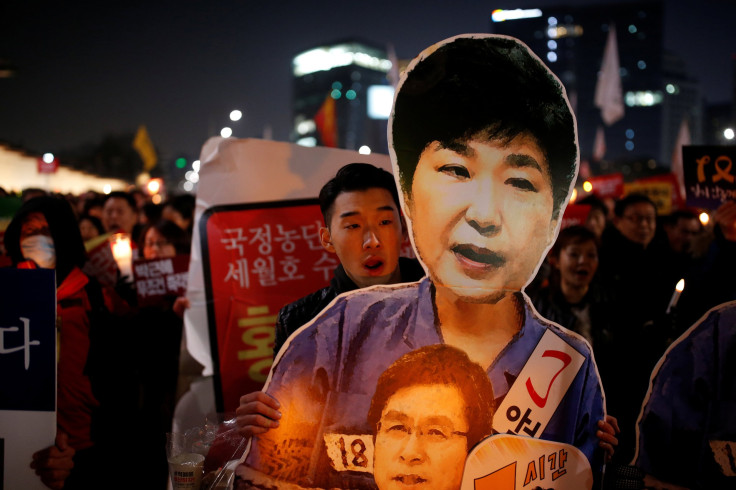Corruption In Asia: Over 900 Million Bribes Paid To Government Employees Across Continent

Roughly 25 percent of people living in Asia have recently paid bribes to government employees while trying to access public services, Transparency International reported Tuesday. The figure was calculated after the Berlin-based government watchdog surveyed nearly 22,000 people in 16 Asian countries on whether they had ever personally experienced corruption in the last year.
From the survey's results, the group estimated that more than 900 million adults living in Asian countries spanning from Pakistan to Australia were forced to give bribes in exchange for public services.
The study found that people living in India experienced the most amount of corruption, with 69 percent of respondents saying they'd recently paid a bribe to a government employee. The Asian country with the second highest amount of corruption was Vietnam, where 65 percent of those asked said they'd issued bribes in the last year. The country that saw the least amount of corruption was Japan, where only 0.2 percent of respondents said they'd paid bribes for public services.
Survey Finds Pervasive Corruption in Asia Hindering Progress https://t.co/G7BtKx5sik pic.twitter.com/GLp4L4P9iV
— Voice of America (@VOANews) March 7, 2017
Police reportedly received the most bribes among government employees, with just under a third of the respondents saying they had paid off a law enforcement officer in the last year.
Bribery rates were the highest among poor people in countries like Thailand, India and Pakistan, with 38 percent of respondents from the lowest income level saying they'd recently given bribes. The opposite of this was true in Myanmar, Vietnam and Cambodia, where members of the richest income bracket were asked for bribes the most.
“Governments must do more to deliver on their anti-corruption commitments,” Jose Ugaz, the chair of Transparency International, said in a press release in reference to the 16 countries’ participation in the United Nations Sustainable Development Goals. The United Nations initiative, which was enacted Jan. 1, 2016, was created to eliminate all forms of corruption and bribery by 2030.
India has highest bribery rate among 16 Asia Pacific countries, says Transparency International report https://t.co/81O66V8qxM pic.twitter.com/iJydYoYOUF
— entegritech (@entegritech) March 7, 2017
“Bribery is not a small crime, it takes food off the table, it prevents education, it impedes proper health care and ultimately it can kill,” Ugaz said.
Roughly 40 percent of the respondents thought that the level of corruption increased in their own countries in the last year, but 75 percent of those surveyed in China said corruption definitely increased in the last three years.
Former South Korea President Park Geun-hye’s impeachment by the country’s parliament in December 2016 represented the most recent high-profile corruption scandal in Asia. Park was found to have been involved in a quid pro quo with South Korean megacorporation Samsung Electronics under which the company’s Vice Chairman Lee Jae-yong paid the country's federal government $35 million in 2015 in return for business favors. This included the government's support of a merger between two Samsung affiliate companies, Cheil Industries and Samsung C&T that year.
© Copyright IBTimes 2024. All rights reserved.






















